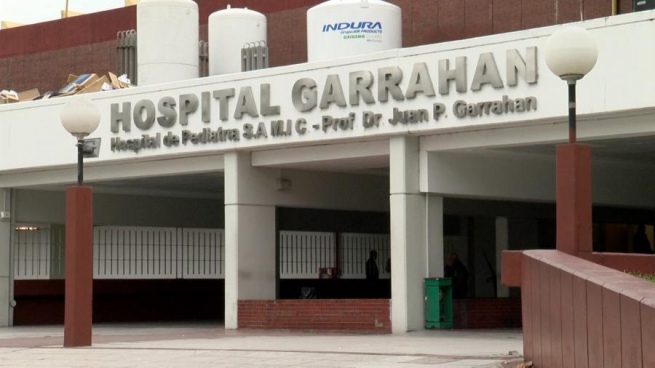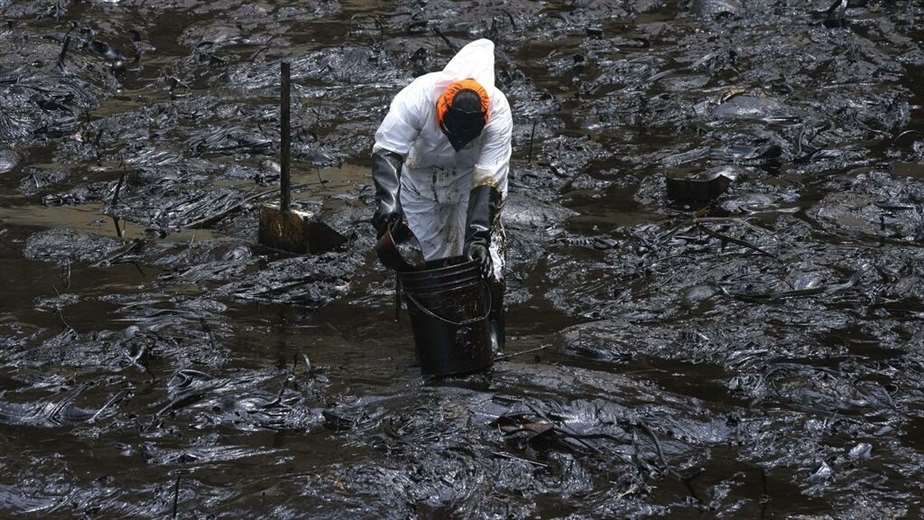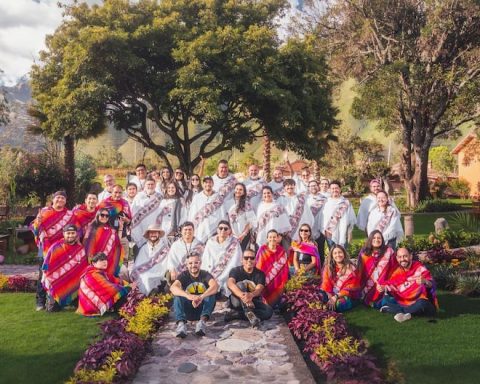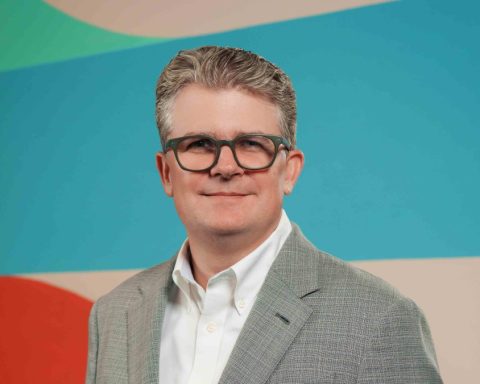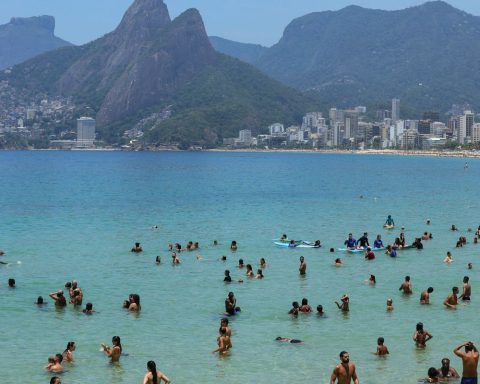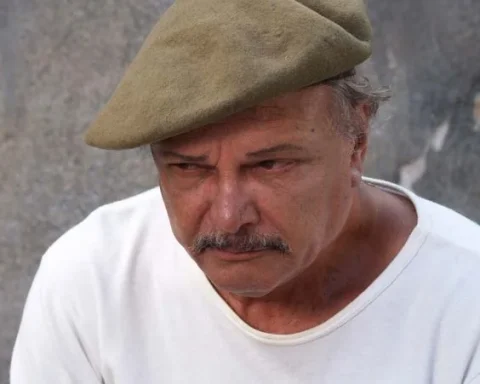The impact of the coronavirus in children and adolescents with cancer was low compared to the adult population, and in 49% of cases they were asymptomatic, which allowed treatment to continue, informed Télam from the National Cancer Institute ( INC) on the eve of International Childhood Cancer Day.
From the beginning of the pandemic to the present, the Argentine Hospital Oncopediatric Registry (Roha) revealed some 837 children with cancer and Covid, of which 49% were asymptomatic.
In those who had symptoms, 78% had a fever of less than three days of evolution.
“The patients continue to receive all the care and their treatments. And that is our priority,” Sandra Tirado, Secretary of Access to Health of the Nation, told Télam.
“We are recording all the information necessary to assess the impact of the pandemic on the diagnostic delay and on the survival of our children. For now, no significant increase in excess mortality from Covid has been observed,” the official added.
Regarding the situation in Garrahan Hospital, which cares for 40% of pediatric cancer patients who are treated in public hospitals, the head of the Hematology and Oncology Service, Pedro Zubizarreta, told Télam that “in the boys who are undergoing cancer treatment, in general, we have not had problems.”
“We have been able to continue with the treatments,” assured the doctor and maintained that there was a “general slowdown” on the part of the health personnel due to having to work following strict protocols.
“Today we have approximately 100 children infected with Covid with cancer treatment in the hospital, but they are undergoing their treatment,” Zubizarreta specified and indicated that the rate of infection by the Ómicron wave was higher than the previous variants.
“We know they get infected because we do frequent and systematic swabs to give them chemotherapy,” he added.
Regarding the vaccination against the coronavirus in these patients, the specialist explained that “To the extent that the treatment allows it, we vaccinate them” and said that family members are immunized first.
“It depends on the moment of treatment because with very intense chemotherapy the vaccine would not be effective either,” he explained.
